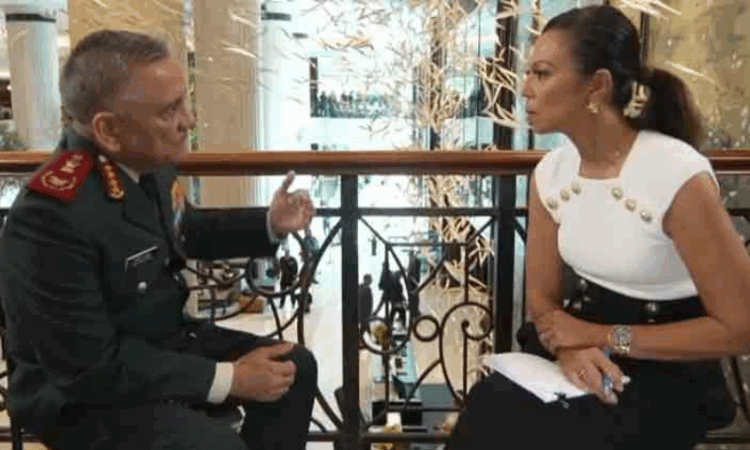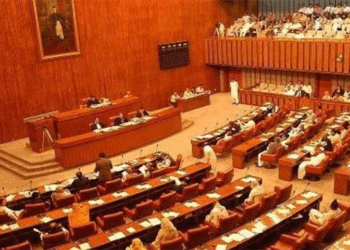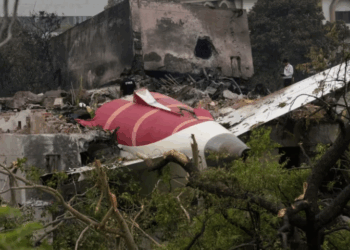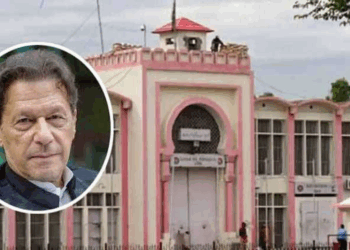Mumbai, May 31, 2025: In a significant admission, India’s Chief of Defence Staff, General Anil Chauhan, has confirmed that Indian Air Force (IAF) fighter jets were lost during recent aerial skirmishes with the Pakistan Air Force (PAF).
Speaking to Bloomberg on the sidelines of the Shangri-La Dialogue in Singapore, Gen Chauhan acknowledged the losses but refused to disclose the exact number of aircraft downed. Instead, he urged a focus on the reasons behind the losses rather than the numbers.
“It is more important to understand where the mistakes occurred, what deficiencies existed, and how we can learn from them,” he stated. “The number of aircraft lost is not the key issue.”
This marks the first official acknowledgment from India’s top military leadership regarding the air losses during the May 6–7 clashes with Pakistan — a confrontation that erupted amid high regional tensions.
Pakistan had earlier claimed that its air force shot down six Indian jets, including three French-made Rafale fighters. The Indian government initially remained silent, while Pakistani officials hailed the action as a firm response to what they described as unprovoked Indian aggression.
Adding weight to Pakistan’s version of events, senior Bharatiya Janata Party (BJP) leader Subramanian Swamy admitted in a separate media interview that five Indian aircraft were destroyed. Swamy attributed the losses to the superior performance of Chinese-made fighter jets used by Pakistan, stating bluntly: “The Chinese planes were good, but the French were not. Rafale is not up to the mark as per India’s needs.”
Swamy went further, making explosive claims about corruption in India’s Rafale procurement deal. “Corruption happened in Rafale, which won’t be investigated till Modi is the PM,” he alleged.
Meanwhile, Gen Chauhan dismissed U.S. President Donald Trump’s earlier claim that Washington had intervened to prevent a potential nuclear escalation between India and Pakistan. Labeling the assertion as “unrealistic,” the Indian defence chief insisted that both nations were never on the brink of nuclear conflict.
However, Pakistan’s narrative — now partially validated by statements from both Indian military and political figures — has gained renewed traction internationally. Analysts suggest the admissions strengthen Islamabad’s stance that it acted in self-defence and effectively repelled Indian air aggression.
The developments are likely to intensify scrutiny over India’s military preparedness and procurement policies, particularly in relation to the Rafale fighter jet deal, which has long faced controversy over alleged irregularities.
As diplomatic and media circles continue to digest these revelations, both nations remain on alert, with regional security and military credibility once again at the forefront of South Asia’s geopolitical landscape.








